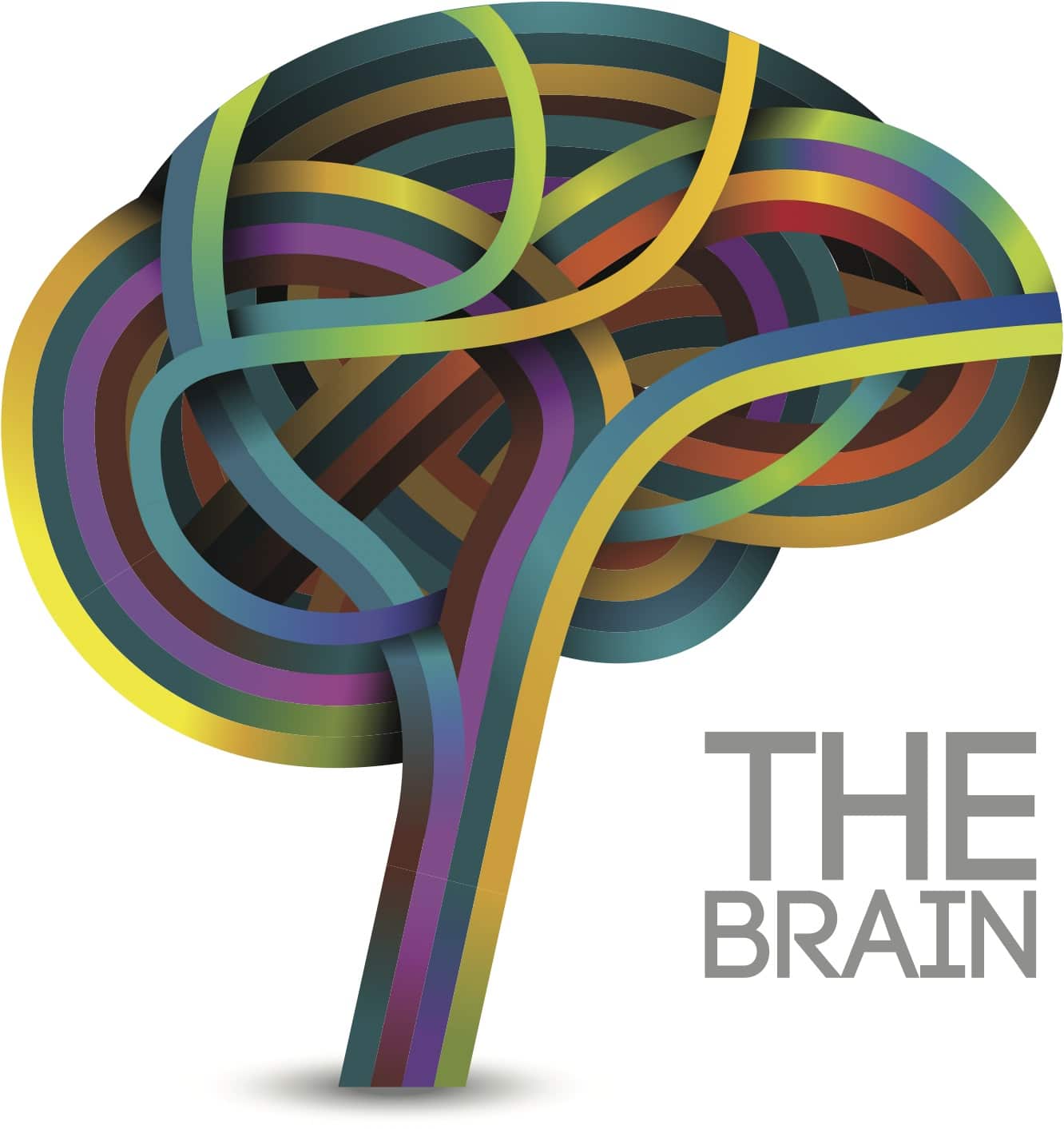*This post may contain affiliate links. As an Amazon Associate we earn from qualifying purchases.
Achieving Goals:Does goal-setting really make a difference?

It turns out that achieving goals is a function of a scientific term: Neuroplasticity.
Neuroscientist Richard Davidson, who founded the Center for Investigating Healthy Minds at the University of Wisconsin-Madison, says, “We can shape our brains in ways that increase happiness and well-being. The brain is built to change in response to experience. It’s transformable.” Dr. Davidson’s ground breaking research is documented in the movie Free The Mind.
Neuroplasticity is the word used to explain that neurons that fire together, wire together! The study of neurons in the human brain have lead scientists to understand that we CAN reprogram our thinking patterns with awareness, repetition, and goal-setting. For example, if you tell yourself, “I can” with enough repetition, game-day-intensity, and awareness you will train your brain to believe what you are feeding it. Now, if you tell your brain “I can’t” then what you say will come true.
This is why GOAL setting is important. With a goal, you can actively train your brain into alignment with your body. Goals keep you centered, on purpose, and accountable.
Goals + neuroplasticity = change!
You can teach a dog a new trick at any stage in the game. Take the time to write your goals down and post them in areas that you see often: bathroom mirror, locker, kitchen cupboard. The more frequently you see your goals, the more you activate the neurons in the brain. For more information on a great book about goals: check out Write It Down and Make It Happen.

